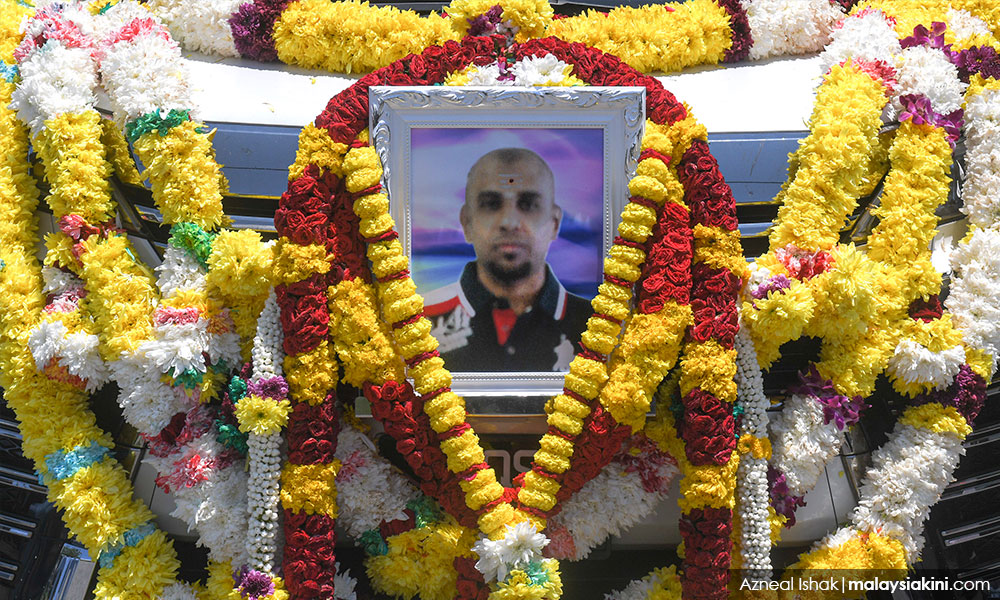There have been several shows on Netflix and other streaming platforms that have been focusing on life behind bars. One of them is the popular series called Inside the World’s Toughest Prisons. Basically, the title describes it all.
Raphael Rowe is the host of the show, and he looks at all the toughest prisons around the world. In fact, he actually goes in and spends nights and days as an inmate in order to experience how it is.
What is unique about the show is that Rowe, who is now a journalist, used to be an inmate in a UK prison. He was wrongfully convicted for murder and aggravated assault in 1990 and sentenced to life imprisonment. He was eventually released after around 12 years from Old Bailey.
So, by hosting the show, Rowe is able to give a unique insight into the lives of the prisoners through the comparison of his own experience.
Another show that I found interesting is Channel News Asia’s Inside Maximum Security, which is a documentary series about several inmates who are living out their sentences in Singapore’s Changi prison.
It is a very in-depth documentary with insightful interviews with the inmates and the prison officers and we actually get to know the inmates, their crimes, their personal thoughts and even learn about their relationships with their family and friends.
The two shows take a very non-judgmental look at the inmates and convicts. As much as they reveal their crimes, it really doesn’t matter (whether they claim to be innocent or not is irrelevant!).
The main purpose of the shows is to show the effectiveness or ineffectiveness of incarceration, punishment and rehabilitation. And of course, this is what got me thinking about recent developments in our government.
Cabinet’s agreement
The cabinet recently made a statement saying that the government will abolish the mandatory death sentence. This has been a long time coming since the 2018 general election when Pakatan Harapan had taken over the government.
One of the promises was to abolish the death sentence altogether. In fact, when they won the election, a moratorium was immediately announced on the death sentence. The moratorium had been in effect even after the scandalous changes in administration.

A few months ago, the execution of Malaysian Nagaenthran Dharmalingam in Singapore for drug trafficking brought the issue back into the limelight.
Many Malaysians are very vocal about the ineffectiveness of the death penalty, and so are many parliamentarians too. So, the move to abolish the mandatory death sentence is a very good step indeed.
However, it isn’t a total abolishment of the death sentence yet. The death sentence can still be implemented. It’s just not a mandatory one and discretion is given to the sentencing judge.
Minister in Prime Minister’s Department (Parliament and Law) Wan Junaidi Tuanku Jaafar said the decision was made after a presentation by the Special Committee to Review Alternative Sentences to the Mandatory Death Penalty.
Data and statistics have shown that the death penalty (or all forms of capital punishment) is not an effective way to prevent the crimes that it is intended to prevent.
There has never been any relation between the reduction of these crimes and the implementation of the death penalty. In fact, there are many countries where the death penalty doesn’t even exist that experience much fewer occurrences of these crimes.
The decision by our government can be seen as very significant since we are in a region where the death penalty is often used. Singapore is an example of a country that strongly defends the death penalty.
Indonesia implements it too and recently, Myanmar announced they will execute two opposition political activists. Although it must be noted that except for Myanmar, the other countries in the region mainly impose the death penalty for crimes relating to drugs and murder.
With all that being said, abolishing the death penalty isn’t enough. We need to also study and improve the punishment and rehabilitation system in Malaysia.
Personally, I believe that everyone deserves a second chance to repent and be reintegrated into society. However, we must ensure that they receive proper rehabilitation in order to do so. For now, the decision taken is definitely a step in the right direction. So, let's work hard to keep the momentum going. - Mkini
ZAN AZLEE is a writer, documentary film-maker, journalist and academic. He had waited so long for a change in the system and he is not willing to settle for a half-past-six change. And then the Sheraton Move happened. Visit fatbidin.com to view his work.
The views expressed here are those of the author/contributor and do not necessarily represent the views of MMKtT.



No comments:
Post a Comment
Note: Only a member of this blog may post a comment.